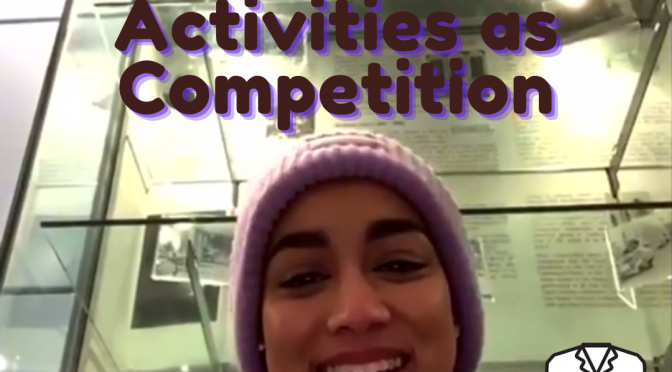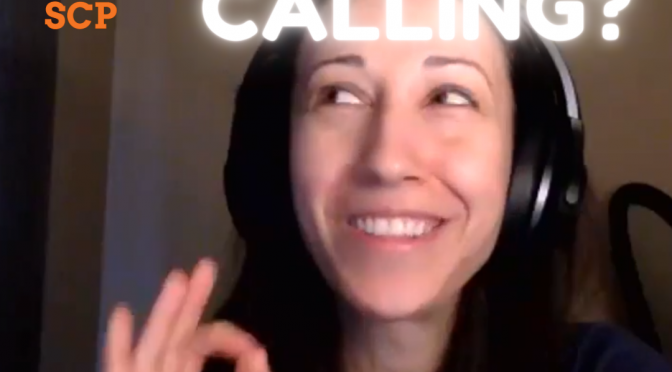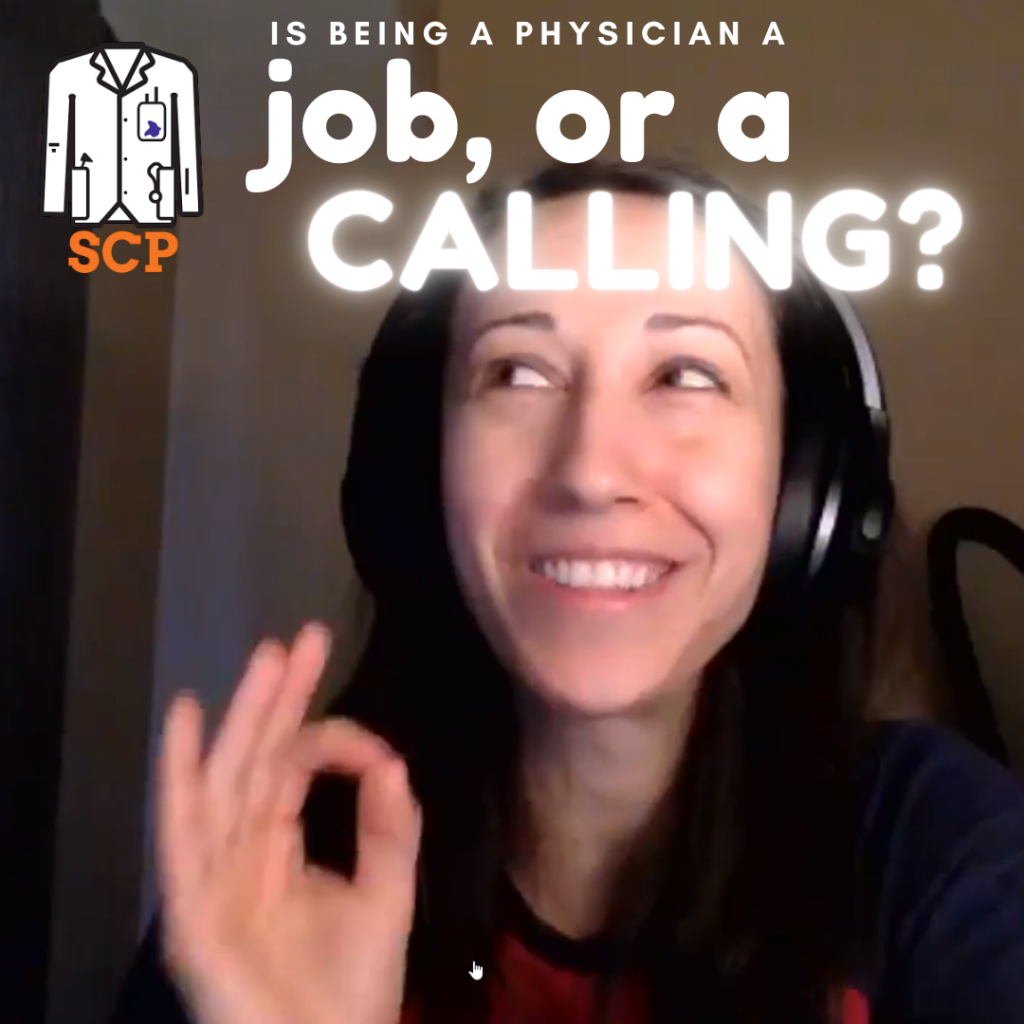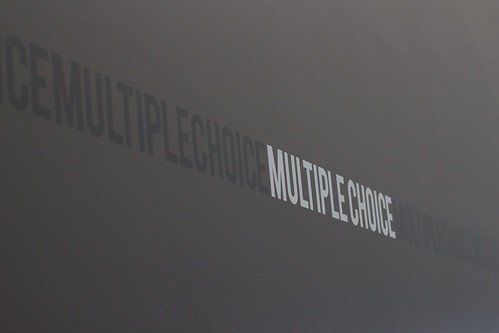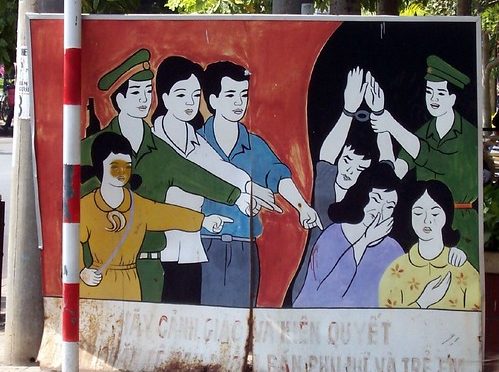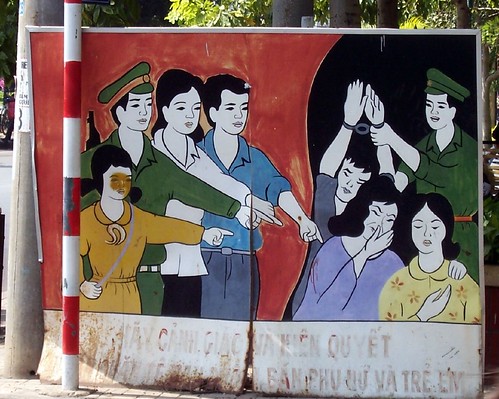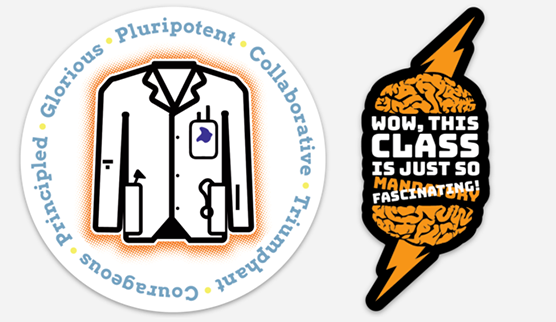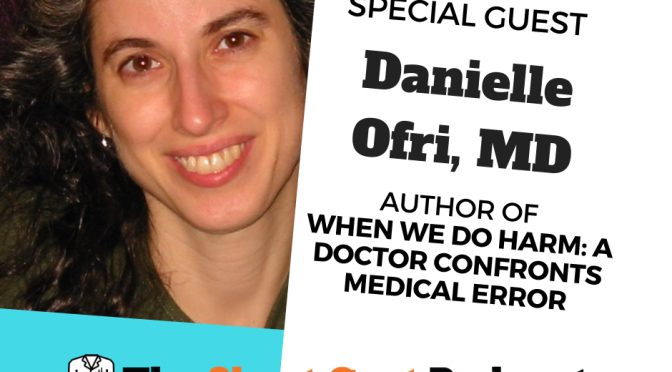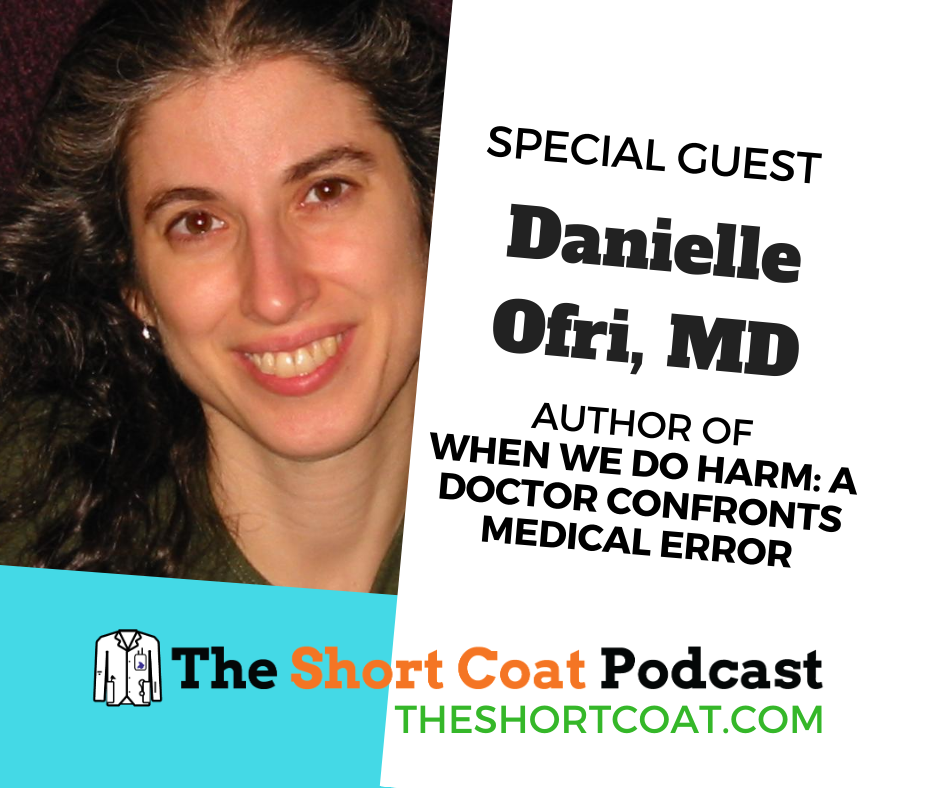Podcast: Play in new window | Download (Duration: 48:59 — 44.8MB)
Subscribe: Spotify | RSS | More
Doing stuff outside of your coursework is fantastic…until it isn’t.

Listener Tasneem Ahmed–a fourth-year medic at London’s King’s College–joins MD/PhD student Aline Sandouk, M4 Holly Conger, and M1s AJ Chowdhury and Alex Belzer on the show. She wrote to us at theshortcoats@gmail.com because she wanted to talk with us about those times when extracurricular activities are too much of a good thing. These activities are important to both schools and students as a way to convey and learn vital lessons about service and career opportunities. But there is a temptation to overdo it in an attempt to distinguish oneself as a competitive applicant. Take that far enough, and it’s a recipe for exhaustion and burnout.
We also take time to compare the two systems of medical education, dance on the grave of Step 2 CS, and cover the most important story of January 2021: Gwyneth Paltrow’s exploding vagina candle.
We Want to Hear From You
How’d we do on this week’s show? Did we miss anything in our conversation? Did we anger you? Did we make you smile? Call us at 347-SHORTCT anytime or email theshortcoats@gmail.com. It’s always a pleasure to hear from you!

